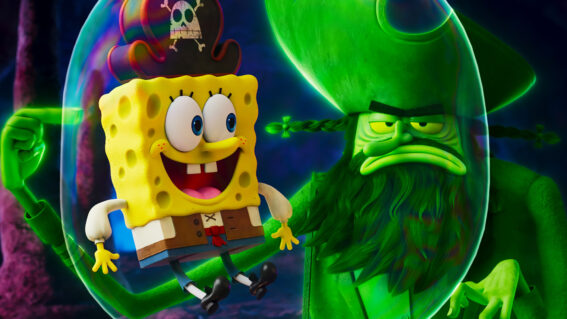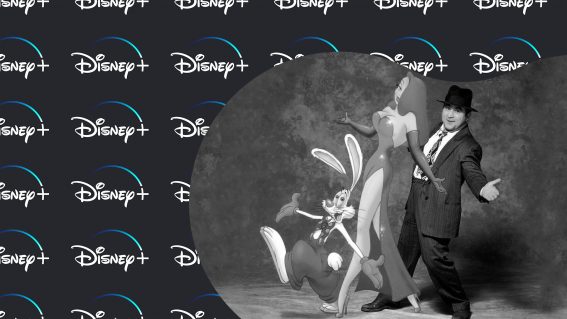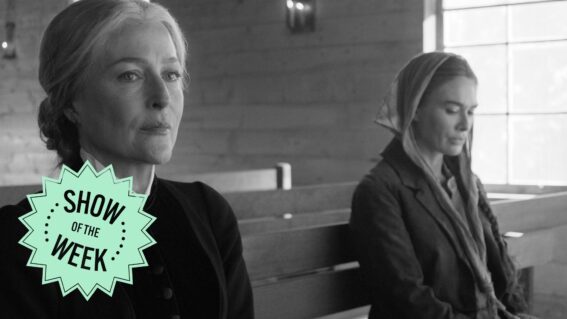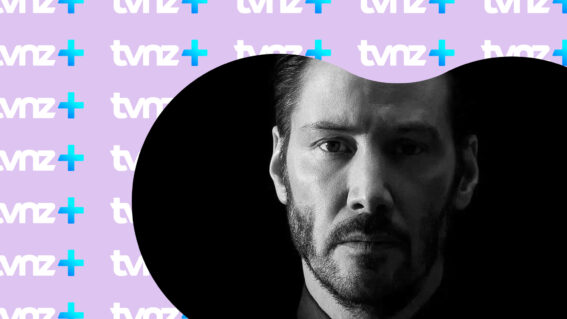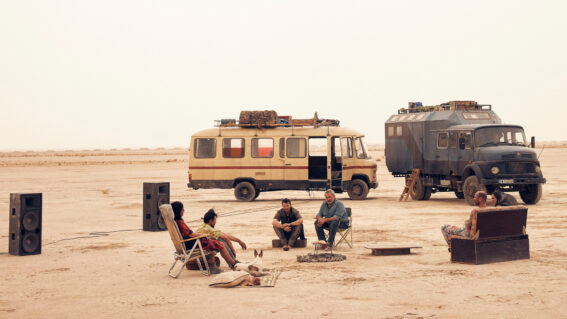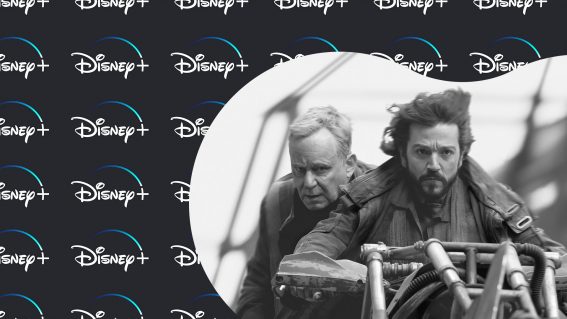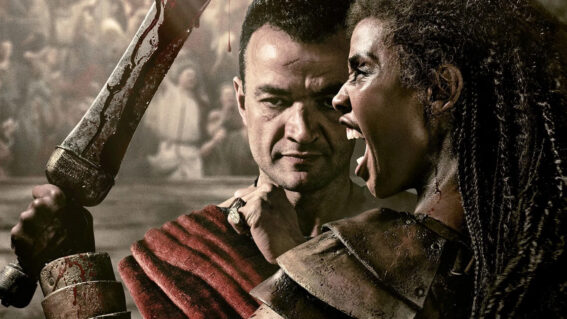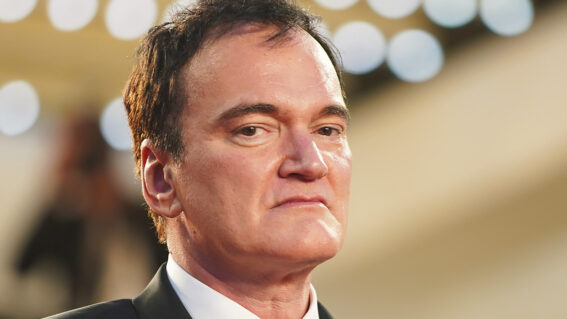Finding meaning in mayhem: how 48Hours turned me into a filmmaker
Liam Maguren reflects on his long history partaking in NZ’s biggest filmmaking competition.
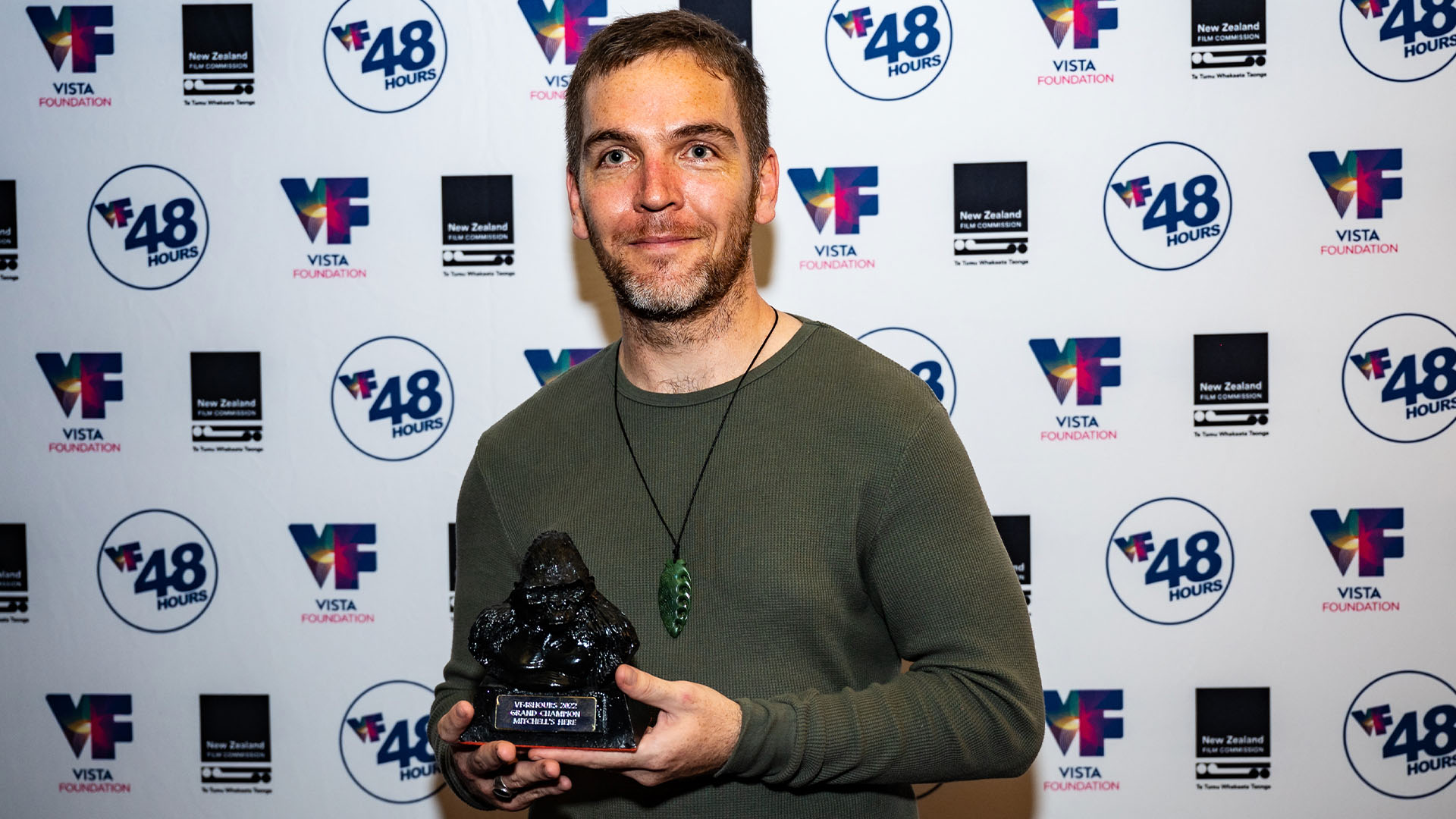
I’ve had the privilege of interviewing heaps of filmmakers during my time at Flicks, so it felt odd to be the one being interviewed. The Vista Foundation 48Hours is presented by the Vista Foundation, in association with Te Tuma Whakaata Taonga / New Zealand Film Commission, and the team behind Aotearoa New Zealand’s biggest filmmaking competition got in touch with me for a quick Q&A about my time with the comp.
I won the competition in 2022 (hence the red-faced, flop-sweaty picture of me holding the champion’s Apee trophy) but my attachment to 48Hours stretches back to 2006. That’s even longer than I’ve been with Flicks (which, full disclosure, is a part of Vista).
48Hours has a warm spot in my heart. Reflecting on my time with the comp in this Q&A felt quietly joyous and it was satisfying to put to words my conflicting feelings about winning the top prize. I also put my best argument forward as to why anyone with the faintest interest in the comp should give it a go (save yourself some bucks and get the Early Bird Registration here) as well as the most important lesson that I, a salty old dog of the competition, can pass on to fellow 48Hours filmmakers.
What was the best thing about taking part in 48Hours?
It’s a lot like trying to push a bathtub full of hammers uphill and into an active volcano: it’s mad, it’s tough, and you’ll question why you’re doing it, but the absolute rush of banding together and achieving this wild goal—no matter the result—is unlike anything else. When you manage to pull off a short film in 48 hours, it really makes you wonder what else you’re capable of. Even the years when we created unwatchable rubbish, I still remember them fondly as weekends of magical mayhem with friends.
What did it mean to your team to win?
At first, winning the comp with a film about the climate crisis felt conflicting. It’s a very real, very current disaster that’s only getting worse, and the powers that be are still not acting to avoid or mitigate it in any meaningful way. My film, Big Questions, wasn’t going to suddenly provoke the change needed, so I wasn’t immediately patting myself on the back for—let’s face it—suddenly profiting from all this global destruction.
But then I started getting DMs from all sorts of people, saying how much they related to the film, the existential fears, and the towering uncertainty that we may never get rid of. I poured all my climate anxiety into those four minutes, and it resonated, which affected me hugely. If we’re ever going to enact change, we need to first acknowledge how it makes us truly feel—as scary as that might be—or we risk sliding into denial. To know how Big Questions clicked with judges and audiences made me feel not so alone. Sure, I got called a Greta clone online, but I wear that as a badge of honour.
Beyond that, the win had me reflect on all the previous years I’ve entered with friends. I’ve never done film school. 48Hours was our filmmaking education. The win felt like the culmination of the nearly two decades we all spent making 48Hours films and solidified the value of learning the craft hands-on in this competition. Nothing sticks in your head more like frantically searching for video tutorials on how to apply a basic mask in After Effects when you’ve got less than an hour to hand in your film.
And I’m still learning. We’ve almost completed our short film The Charm of the Magpies, a production made possible by the Level Up grant and the Park Road Post package I got for winning 2022 (prizes that are up for grabs again this year). I’ve never had the privilege of working with a budget, producers, and studios before and had to learn quite a lot from very talented people, but if 48Hours has taught me anything, it’s how to learn fast.
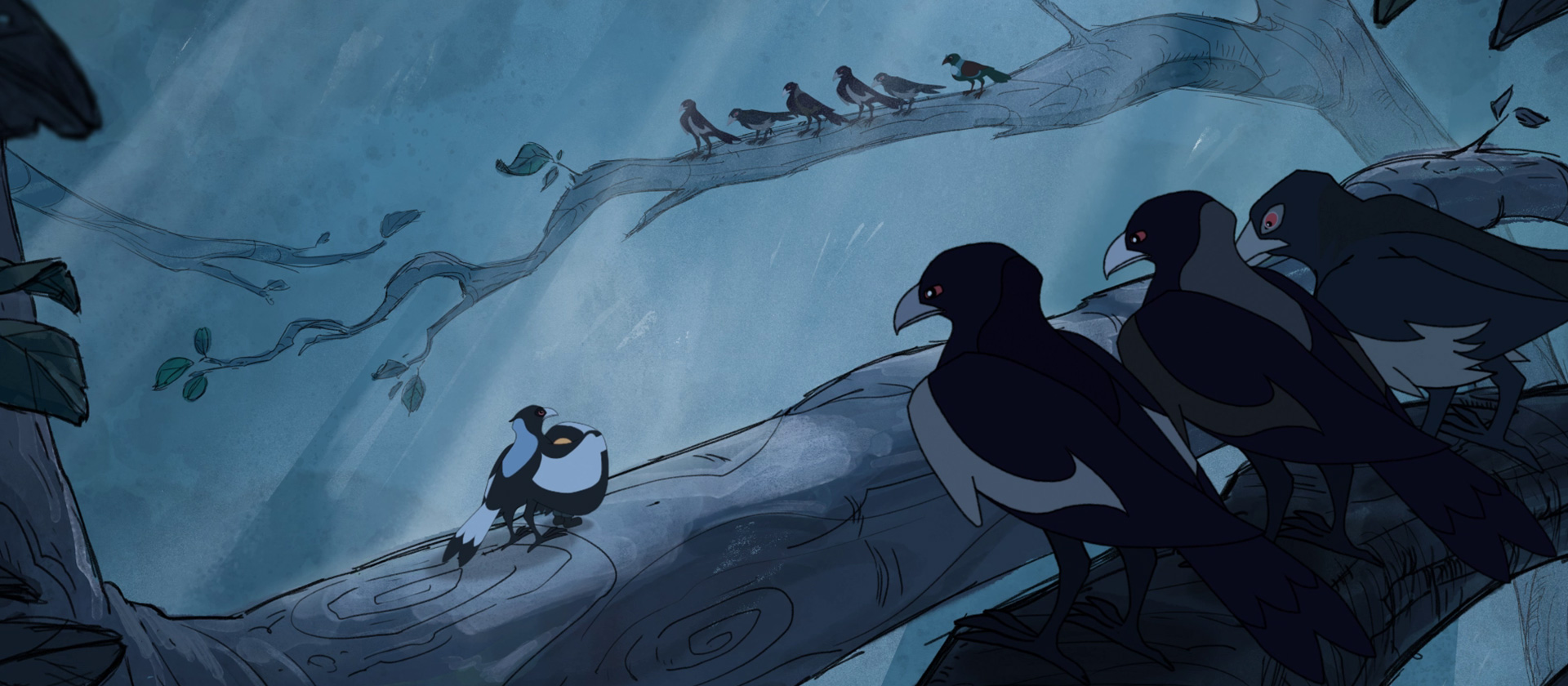
The Charm of the Magpies
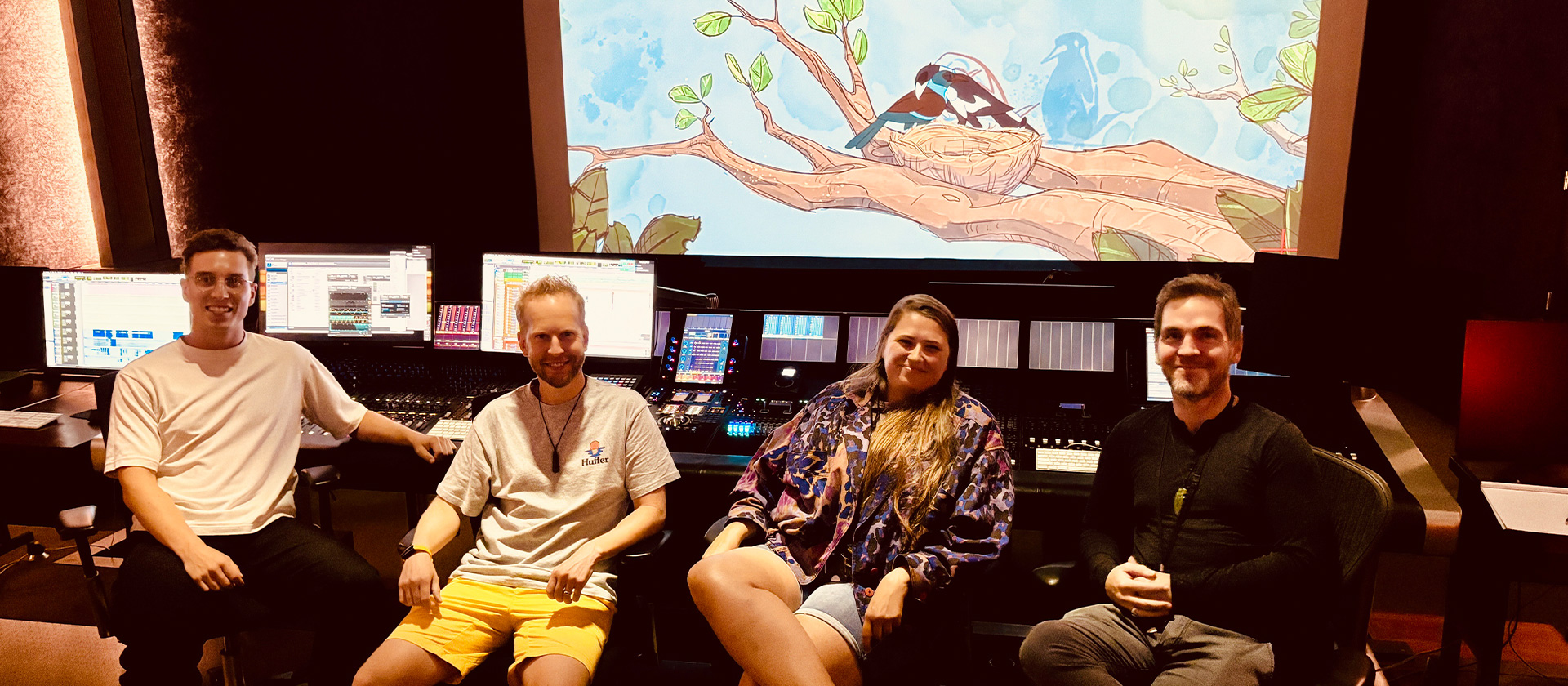
Post Production at Park Road
Why would you recommend others register a team this year?
This competition gives you licence to try innovative ideas and tell stories with no restrictions. If it flops, you only lost two days (as opposed to two years on a full-scale production). If there are flaws, you’re in good company—every 48Hours film has limitations, as is the nature of the competition. 48Hours allows you to make films with no restraints, put in front of an in-built audience of supportive peers who know the weekend’s pain as well as you do.
I earnestly believe this creates the best environment for filmmakers to find their voice. Go in with that attitude and you’ll learn something new about the craft, yourself, and the kind of filmmaking that sits right by you—no matter what you end up creating. That’s incredibly valuable, especially if you build on that year after year.
Any favourite memories, behind-the-scenes moments, or lessons learned?
The ultimate lesson I learned during my time with the competition: know your limits, and maximise them.
Only got one actor? Write a story that plays to their strengths. Using a smartphone as your camera? Make it move frantically through tight spaces. Technical limits leave more room for creative thinking, so know your limits well before the shooting dates and you may just find a storytelling angle unique to your team. The weekend has its ways of giving you the right energy to find these avenues, that no-time-to-overthink-it mindset that will allow you to pursue fresh ideas you may otherwise have ignored.
THIS INTERVIEW HAS BEEN EDITED AND SYNDICATED FROM 48HOURS.CO.NZ





